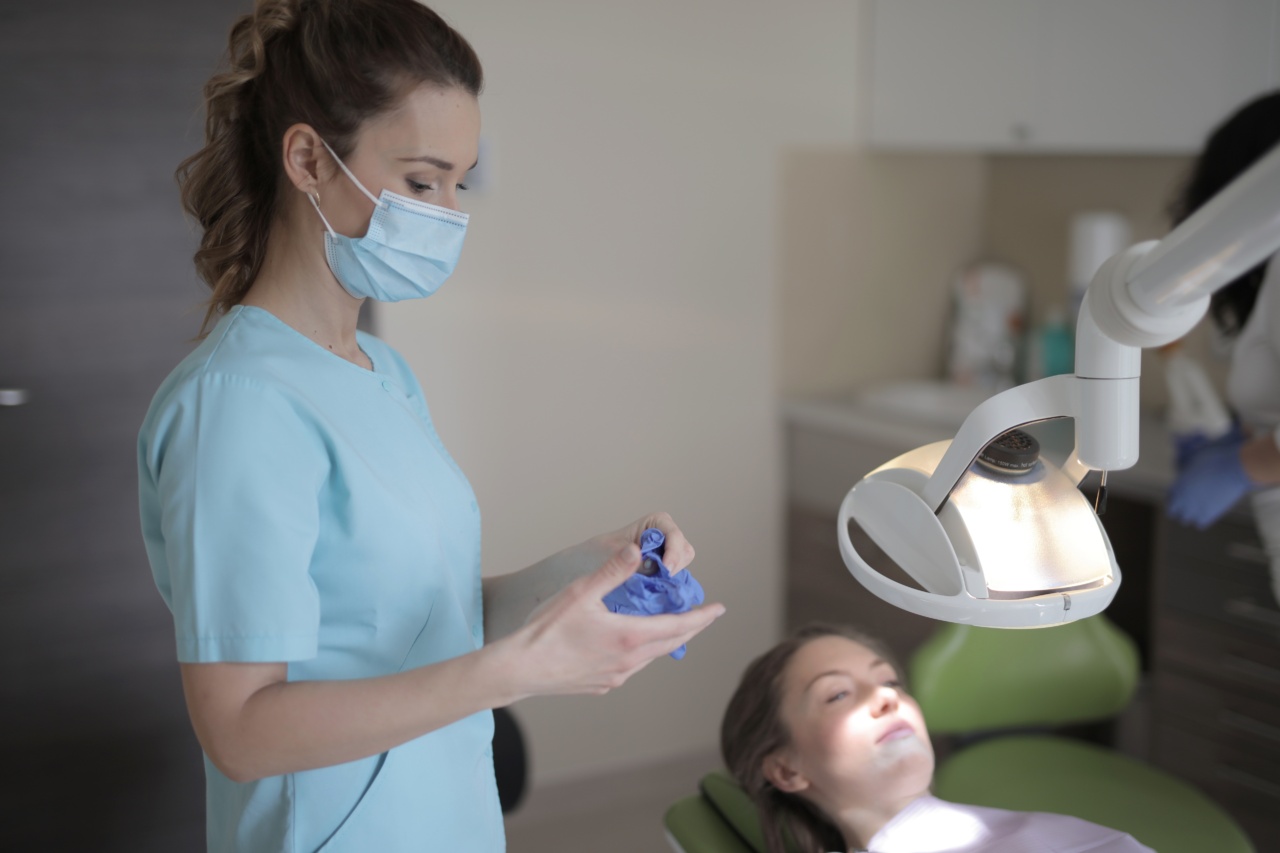Regular preventative exams are crucial for maintaining a woman’s overall health and well-being. These comprehensive exams go beyond just routine check-ups; they focus on early detection, prevention, and maintaining optimal health.
In this article, we will explore the various components of comprehensive preventative exams for women and emphasize their importance in promoting a healthy lifestyle.
Age-Specific Preventative Exams
Preventative exams for women may vary depending on their age group. Let’s delve into the different age-specific exams:.
1. Adolescence (Ages 13-18)
During adolescence, it’s important for young girls to establish a baseline for their overall health. Regular preventative exams for this age group typically include:.
- Height and weight measurements
- Blood pressure check
- Screening for anemia, if necessary
- Pelvic exam and Pap smear (if sexually active or experiencing gynecological concerns)
- Immunizations, including the HPV vaccine
2. Reproductive Years (Ages 19-45)
Women in their reproductive years require regular preventative exams to ensure their sexual and reproductive health. The key components of exams for this age group include:.
- Blood pressure screening
- Weight and body mass index (BMI) assessment
- Full gynecological exam, including a Pap smear and pelvic exam
- Screening for sexually transmitted infections (STIs)
- Breast exam and mammogram, if recommended based on risk factors
- Contraceptive counseling and management
3. Perimenopause and Menopause (Ages 45+)
As women enter perimenopause and eventually transition into menopause, their preventive healthcare needs shift. Comprehensive preventative exams during this stage may include:.
- Blood pressure and cholesterol screening
- Bone density test to screen for osteoporosis
- Mammogram
- Pap smear, if recommended by a healthcare provider
- Thyroid function test
- Colorectal cancer screening
- Discussion of hormone replacement therapy (HRT) options
4. General Health Exams
Regardless of age, there are certain preventative exams that women should undergo regularly to maintain overall health. These include:.
- Annual physical exam
- Blood pressure check
- Weight and BMI assessment
- Cholesterol and lipid profile screening
- Diabetes screening
- Screening for kidney and liver function
Importance of Comprehensive Preventative Exams for Women
Comprehensive preventative exams play a critical role in women’s healthcare. They offer numerous benefits, including:.
1. Early Detection of Health Issues
Regular health exams allow healthcare providers to identify and address any potential health issues at their earliest stage. Early detection increases the chances of successful treatment and improved long-term outcomes.
2. Disease Prevention
Preventative exams enable healthcare professionals to emphasize disease prevention strategies, such as vaccinations, healthy lifestyle choices, and early intervention.
By actively addressing risk factors, women can minimize their chances of developing various diseases.
3. Personalized Healthcare Guidance
Comprehensive preventative exams offer an opportunity for women to discuss their specific health concerns, receive personalized guidance, and establish a strong patient-provider relationship.
This empowers women to actively participate in their healthcare decisions.
4. Mental Health Assessment
Preventative exams provide an excellent opportunity to assess a woman’s mental health and well-being.
Healthcare providers can screen for mental health conditions like depression and anxiety, offering appropriate interventions and resources when needed.
5. Health Education and Counseling
These exams create a platform for women to receive vital health education and counseling regarding lifestyle modifications, nutrition, exercise, family planning, and other relevant topics.
This knowledge empowers women to make informed choices about their own health.
Conclusion
Comprehensive preventative exams are essential for maintaining optimal health throughout a woman’s lifespan.
By being proactive and consistent with these exams, women can detect potential health issues early, prevent diseases, receive personalized healthcare guidance, and maintain overall well-being. Remember, prevention is always better than cure!.































